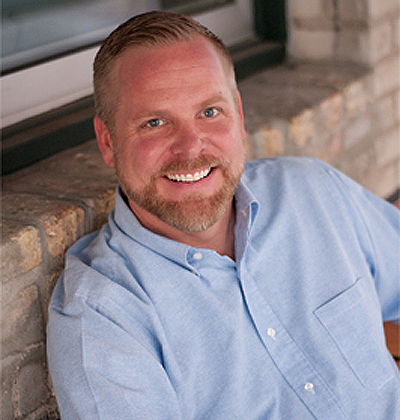There’s a negative misconception that focusing on oneself is selfish.
But being selfish is not only good—it’s essential.
For the record, the suffix “ish” means “belonging to.” The word “selfish” literally means “belonging to self”; there is no negative connotation as we’ve created in our western culture.
The same misconception applies to the words “self-centered” (meaning “centered in self”); these terms aren’t originally negative in meaning, only in the meanings we’ve applied to them.
Belonging to or being centered in oneself indicates internal alignment. And isn’t alignment what we’re seeking so that we can have better balance and clarity in our lives?
It’s time to update our vernacular.
Semantics aside, caring for oneself cannot be underestimated—especially in our present age, when paying healthy attention to taking care of ourselves is a constant challenge. With the overwhelming amount of information barraging us on a daily basis, distractions take us farther and farther away from our true inner guidance—the core of our human being.
So why are we getting so far away from our inner guidance? Because we’re more focused on our human doing than on our human being.
Our inability to stay focused on ourselves in healthy and balanced ways is taking its toll. And our self-esteem and self-worth are paying the price for our short attention spans.
It’s time to be selfish. In a good way.
You might say, “But I don’t have time to focus on myself. I have others in my life who need my support (spouse, kids, parents, employers….”) and so on. And while that is true, if we’re not healthy and happy with ourselves, we’re no good to anyone else.
Our sense of well-being ripples out. Taking care of our health and well-being begins with us.
Stuck? Here are 7 tips for maintaining a healthy balance while keeping yourself in mind:
Connect with your deepest intentions. Intentions are more than goals; they manifest our deeper desires that come from our inner truth and core beliefs. When we take time to align ourselves with our core intentions, we change our attitudes, actions, and words. For example, if an intention of mine is to help others, I will stay aware of opportunities to say and do things that align with being of service.
Focus on your health and well-being. Sounds simple, but it’s not easy if we’re consistently engaged in unhealthy behaviors—filling our bodies with unhealthy foods or our minds with unhealthy thoughts. We are big sponges, and whatever we absorb becomes a part of us. We become what we eat and drink, feel and think. Paying attention to what we put into our bodies and minds will bring us a better return on our investment.
Adopt mindfulness as a lifestyle. Being mindful doesn’t mean scrutinizing every thought that enters our minds, but rather becoming aware of our thoughts and which of those thoughts to focus on. Being mindful is engaging our inner wisdom and emotional intelligence to be deliberate in our responses to what life hands us, regardless of our initial reactions to it.
Create authentic connections with others. Isolation is quickly becoming the world’s biggest silent killer. Lack of quality connections with others slows our momentum and impedes our spiritual growth. Feeling lonely? Then reach out to a friend or family member and take the time to really listen to each other.
Take time for reflection. The value of introspection cannot be understated. And one of the only ways to achieve time for personal reflection is to plan it into your routine—even if only for 10 or 15 minutes. My favorite time to reflect is when I’m in bed falling asleep (looking back on my day), and then in the morning before I rise (visioning the day ahead). Plan it whenever it feels right for you. Just find a place where you can be in a quiet state of mind and undisturbed.
Stop beating yourself up. You know how rotten it feels when somebody criticizes you? Then stop doing it to yourself! We all have an internal dialogue with our inner guidance, but we also have an inner critical voice that comes from fear, doubt, and outdated beliefs. And when the critical voice speaks the loudest, stop the stinkin’ thinkin’ by choosing a different thought—one that uplifts you. It’s your choice.
Choose again. If you think you have no choice about the circumstances in your life, think again. Not only do you choose your environments, relationships, and priorities, but you’re also the one who can make a new choice—even if it’s only your attitude. Ready for real change? Then choose again.
Michael Thomas Sunnarborg is a career coach, best-selling author, and founder of The White Box Club™—live coaching and resources for people in career transition. Find his syndicated blogs on Thrive Global, Medium, and The Huffington Post. Learn more at michaelcreative.com
Image: Pexels.com


